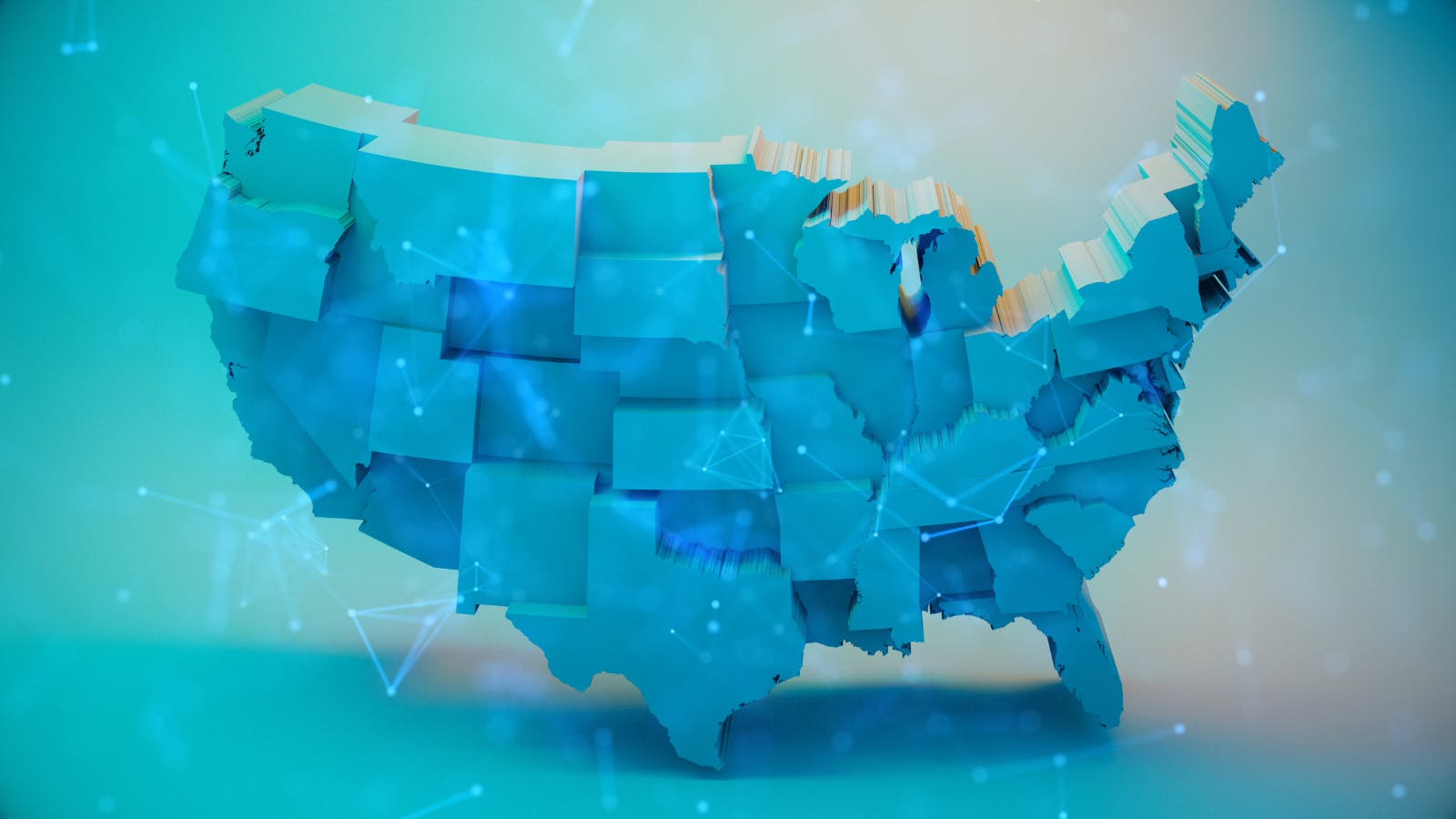Democratizing our Data Challenge

Overview
The Letters of Intent (LOIs) for Round 3 of the Democratizing our Data Challenge submission period is CLOSED.
For more information, scroll down to the application section. Watch the recorded information session here.
Funded by philanthropic organizations, the Democratizing our Data Challenge (DDC) was designed to develop and scale innovative product ideas for understanding public policy and programs by using government administrative data that are securely hosted in the Coleridge Initiative’s Administrative Data Research Facility (ADRF).
The vision of the Democratizing our Data Challenge is to transform the secure and safe use of data and evidence to inform policy in a fast-changing world. Successful proposals seek to develop, build upon, or scale innovative products, including new data linkages, data dashboards, data portals, APIs, data models, or code repositories.
Successful proposals will be sustainable and scale across agencies, states, and communities to have the greatest possible impact. A key aspect of the Challenge is to support the collaboration of agencies (within and across states) and partner organizations, such as universities, non-profits, and mission-driven private organizations.
To view Round 1 Awards, please click here.
To view Round 2 Awards, please click here.
To view Round 3 Awards, please click here.
To view completed projects, please click here.
Interest Areas
1. Target Populations include low-income learners/workers, at-risk youth, underrepresented minorities, immigrants, and formerly incarcerated individuals.
2. Education to workforce outcomes: postsecondary to labor market transitions, secondary transitions, leading indicators of economic mobility and/or wage improvements, and unemployment to reemployment patterns; leading indicators of progress towards outcomes, such as first-year persistence, credential completion, time to completion, and job placement.
3. Feasibility studies: new approaches to credentialing and credentialing transparency, alignment between K-12, postsecondary, and workforce data systems.
4. Other areas might be in scope, please submit an application for consideration.
Eligibility
A wide range of organizations are eligible to apply, including state agencies (e.g., state departments of labor, education, workforce development, corrections, health, and social services), postsecondary institutions (including research institutions within universities), nonprofits with data and research capabilities (e.g., think tanks) and mission-aligned for-profit organizations (that are eligible for grant funding). We require all teams to utilize state data in their projects. All teams should feature cross-organization collaboration, such as state agencies collaborating with each other and with their local universities and/or nonprofit organizations.
Project Tiers
To enable a diversity of potential projects, we have established three project award tiers that reflect different levels of maturity and investment needed to achieve the goals of the program.
Tier 1
Applicants might propose projects they have been developing that would take a final investment to be implemented. A target amount for this tier would be approximately $50,000.
Tier 2
Applicants might propose ideas proven in one state and enhance, expand, and extend with other states. A target amount for this tier would be approximately $300,000.
Tier 3
Applicants would work to expand the integration of the data across multiple agencies and other states to create new data assets. A target amount for this tier would be approximately $500,000.
Application
The LOI application submission period for Round 3 is now closed.
In each application year period, Letters of Intent will be reviewed by a selection committee. After Letters of Intent are received and reviewed, all submissions will be notified of the status of their application. Teams selected to be finalists will be asked to submit a final proposal.
For more information or questions, please email datachallenge@coleridgeinitiative.org.



